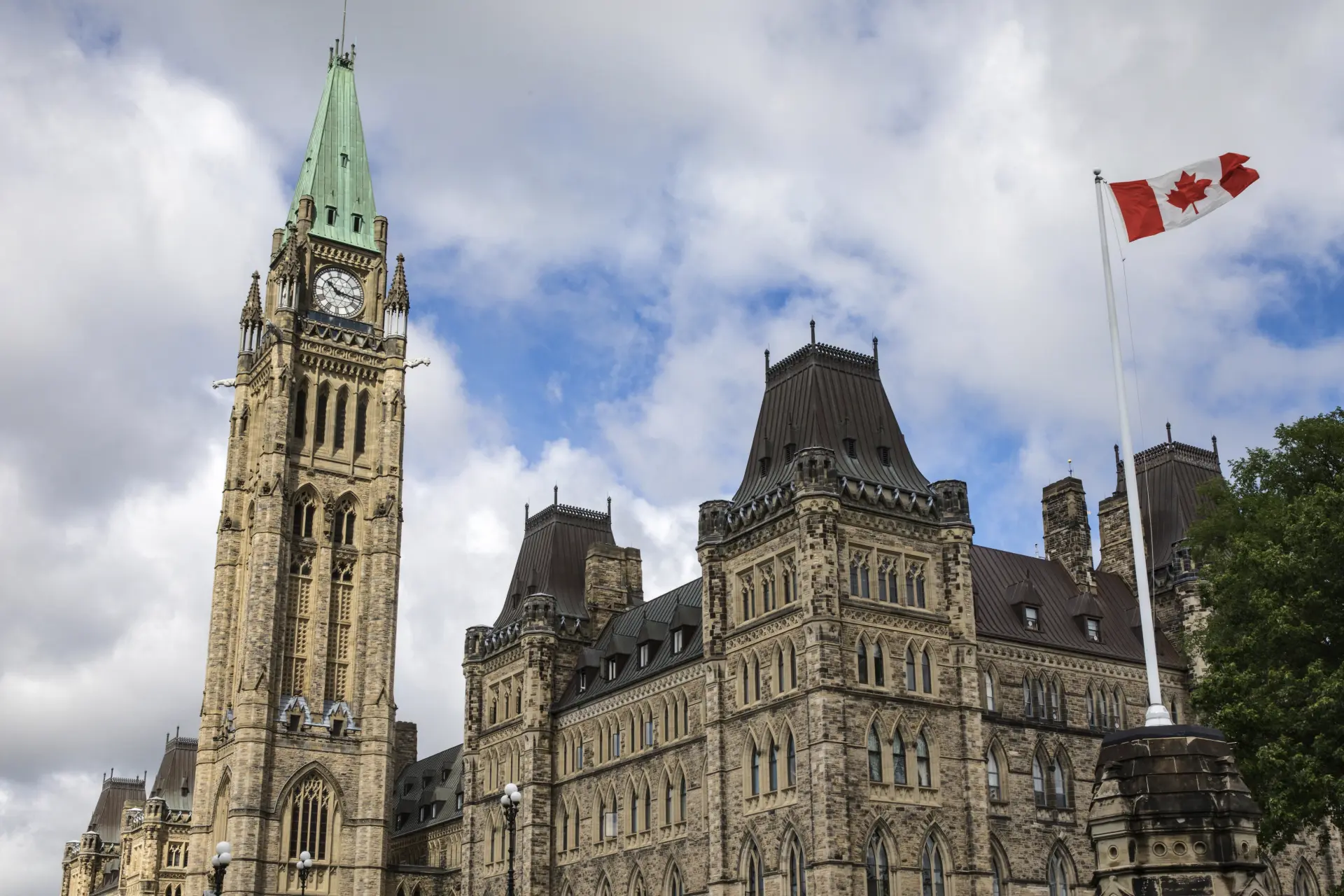Federal Election 43 Officially Underway

Today Prime Minister Justin Trudeau visited Rideau Hall and handed the Governor General a letter recommending the dissolution of the 42nd Government of Canada. The presentation of this document was followed by the Governor General calling the election. Thereafter, the Chief Electoral Officer issues hundreds of writs—one for each of the 338 electoral districts.
The process, otherwise known as dropping the writ, officially marks the start of the 43rd Federal election period, which will culminate on election day, October 21st.
Why Today?
The date of the official writ drop is a political calculation by the Prime Minister. Mr. Trudeau has been able to call the election since September 1st and could have waited as late as September 15th. In making sense of the decision to call the election today, there are several considerations worth noting. Firstly, the Liberals are ahead in the polls for most seats, whereas the Conservative Party (CPC) has fundraised more money for political marketing.
The CPC has been out-fundraising the Liberals. The Liberals raised $5 million in Q2 of this year, for example, which falls well short of the $8.5 million raised by the CPC. In delaying the election start date, the Liberals aimed to minimize the CPC advantage. In the pre-election period, political parties can spend a maximum of $2.046 million, but once the writ drops their budgets are much less limited (parties can spend to a maximum of about $28 million). A shorter campaign equals a shorter period of time in which the CPC can press its spending-power advantage. Additionally, riding associations have no limit in spending during the pre-election period. So for the many highly contested toss-up ridings where the Liberals have fundraised well, a longer pre-campaign benefited their candidates vs. their less well-funded contestants for the progressive vote in the NDP and the Green Party.
Ultimately, the timing for dropping the writ can be viewed as a signal for how confident the governing party is feeling as we head into the election. While Conservatives slightly edge Liberals in popular vote projections (34% to 33.7%), seat projections show the Liberals ahead at 167 vs. 142 as of September 10th. These projections suggest the Liberals feel confident that they will be re-elected in October. They are employing a ‘front-runner’ strategy of shortening the length of the campaign so that there is less time for the other Parties to move into the lead.
The Election and its Impact on Government Business
The official beginning of the election period brings to a conclusion all business in the Senate and the House of Commons. The dissolution of Parliament halts decision-making at the political level and freezes all spending announcements until the election is over and the new Government had been sworn in. Effectively, all political staff – save for two per Minister’s Office and a handful more at the PMO – will transition out of their roles, with the remaining staff conducting only the most essential functions of government.
Executive bureaucrats, on the other hand, will continue to work on a more or less business as usual basis, delivering programming, reviewing applications and so forth. However, no decisions or announcements on Government spending can be made during the election period.
The window of opportunity to engage and position files for success at the political level is very much still available. Political parties are still open to ideas to include in their campaign platforms, and right up to Election Day will be considering ideas that can be weaved into campaign messaging.
Sussex will continue to monitor the election closely. From our office in Ottawa Sussex continues to closely track the people, policies and positionings that are shaping the debate between now and October 21st, and that will guide implementation post-election.
Want to learn more about the different parties’ platforms, candidates, and background on issues? Click here to sign up for your free trial on our Election 43 platform, or download the app to your iOS or Android device.
Image Via: CBC.ca, (Ben Nelms/Reuters, Henry Nicholls/Reuters, Chris Wattie/Reuters, Justin Tang/The Canadian Press)


